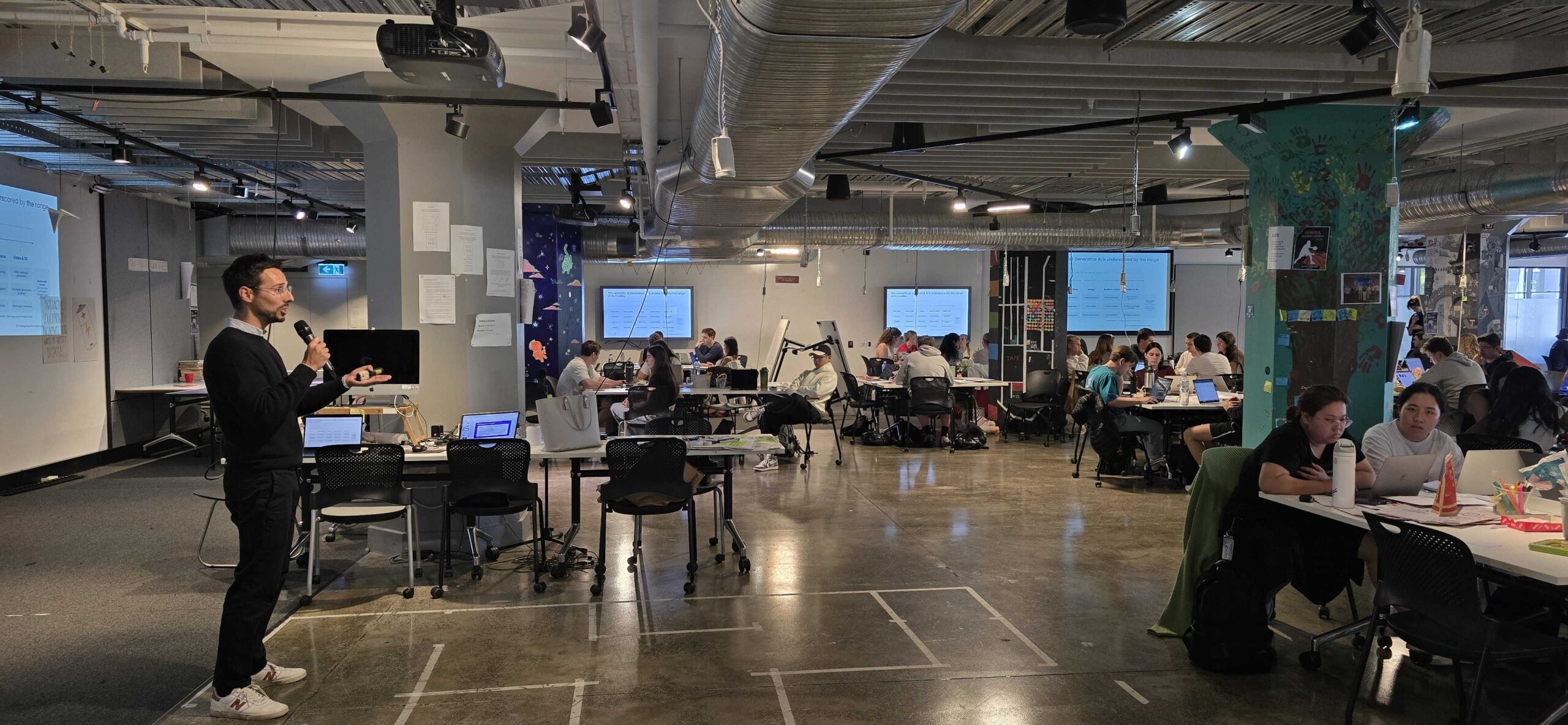You probably know that I am a big fan of Clayton Christensen. He was here recently in Australia and I spent the day with him (along with about 200 others). I feel his definitions of sustaining and disruptive innovation make sense. His models and examples resonate. His anecdotes hit home. So I was extremely interested to read the unbelievably scathing attack on Christensen in the New Yorker by Harvard historian Jill Lepre. It is a sharp critique of his 1997 book the Innovator’s Dilemma, which popularized the idea of disruption. The critique relooks at the case studies in the book, amongst debunking almost the entire notion of disruptive innovation. To quote: Disruptive innovation is a theory about why businesses fail. It’s not more than that. It doesn’t explain change. It’s not a law of nature. It’s an artifact of history, an idea, forged in time; it’s the manufacture of a moment of upsetting and edgy uncertainty. Transfixed by change, it’s blind to continuity. It makes a very poor prophet. And more: The handpicked case study, which is Christensen’s method, is a notoriously weak foundation on which to build a theory. But, if the handpicked case study is the approved approach, it would seem that efforts at embracing disruptive innovation are often fatal. Read the article here. What do you think?
Home » Innovation Insights » Disrupting the Theory of Disruption
Disrupting the Theory of Disruption

Jeffrey Tobias
Dr Tobias is an accomplished innovation consultant and entrepreneurship strategist, drawing expertise from the academic, entrepreneurial and corporate worlds. Jeffrey’s commercial and business experience is particularly focussed on lean startup, design thinking and leadership. Prior to The Strategy Group, Jeffrey was Cisco’s Global Lead for Innovation in the Internet Business Solutions Group helping Fortune Global 500 companies improve customer experience and grow revenue by transforming how they do business.
Jeffrey is a professor of innovation and entrepreneurship teaching MBA students at the Australian Graduate School of Business at the University of New South Wales. An active angel investor, Jeffrey is on the board of various well-known startups.
Read More of My Articles
Design solutions that shatter assumptions, delight customers, and define growth possibilities sustainably











